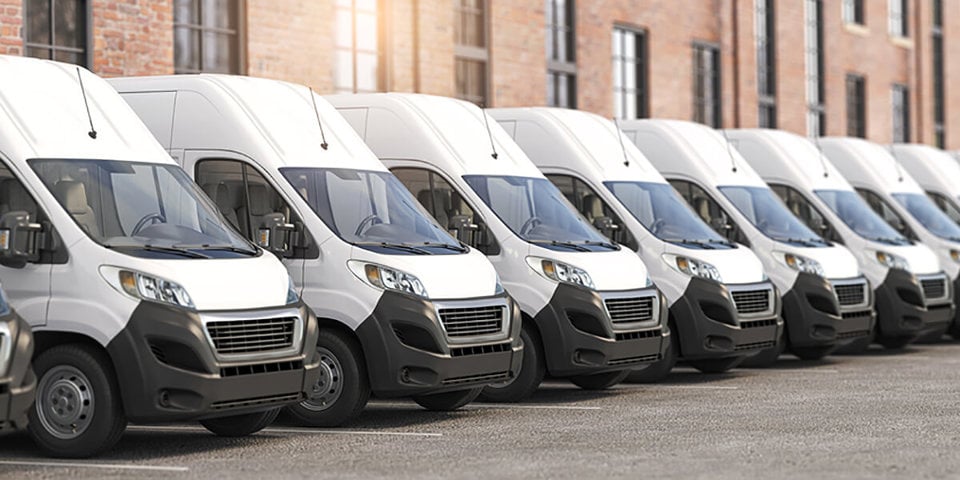Fleets considering small electric vans can anticipate aggressive pricing for car-derived commercial vehicles.
Smith Electric Vehicles, which makes a range of zero-emission vans based on the Ford Transit chassis, told Fleet News that it has now abandoned plans to develop a smaller van based on the Transit Connect because competition will make it difficult to sell enough to make the project viable.
Currently, only specialist aftermarket and independent manufacturers make electric vans for fleets, often by adapting fossil-fuelled mass-produced vans to run on battery power.
However, some of the world’s biggest vehicle makers are about to launch small electric vans.
In addition, so-called niche manufacturers like Bright Automotive have announced intentions to bring significant numbers of new electric vans to market.
“Beyond the growing number of niche players in this segment, we expect to see electric car-derived vans from several OEMs including Renault, Nissan, Mitsubishi and Chrysler within the next 12-24 months,” said a Smith spokesman.
As a result he said competition for sales in the small electric van segment would be fierce, with the car-derived segment becoming the most competitive electric van segment of all.
With the entry of these mainstream manufacturers into the segment, it is hoped that electric van costs will be reduced quickly from 2012.
This week, Nissan released details of its concept electric van based on its NV200. The van is one of four electric vehicles Nissan has announced for the future.
Mitsubishi has already revealed the van version of the i-MiEV electric car – the Cargo – which it will aim at fleets and self-employed operators when it launches within 18 months.
Renault has also revealed its concept electric van, which will come to market within two years.
Based on the Kangoo, the zero-emission ZE Concept van makes up an important pary of the French manufacturers plans to be at the forefront of mass-market electric vehicle production.
“Renault ZE electric vehicles are poised to be marketed on a large scale,” said a spokesman. “Renault begins marketing affordable production electric vehicles in 2011, with the Renault-Nissan Alliance targeting number one status mass-market zero-emission vehicle sales.”
Meanwhile, Chrysler is reportedly looking at a facility with the capacity to build up to 20,000 small electric vehicles a year in the US, while Nissan will launch its series of small electric vans into the US market next year.
The decision to drop the Ford Connect development programme does not affect Smith’s standing with Ford of Europe.
“We are still Ford of Europe’s official electric vehicle collaborator,” the Smith spokesman said. “Fleets running our vans can be assured that it is business as usual, they are not affected by this decision.”













Login to comment
Comments
No comments have been made yet.